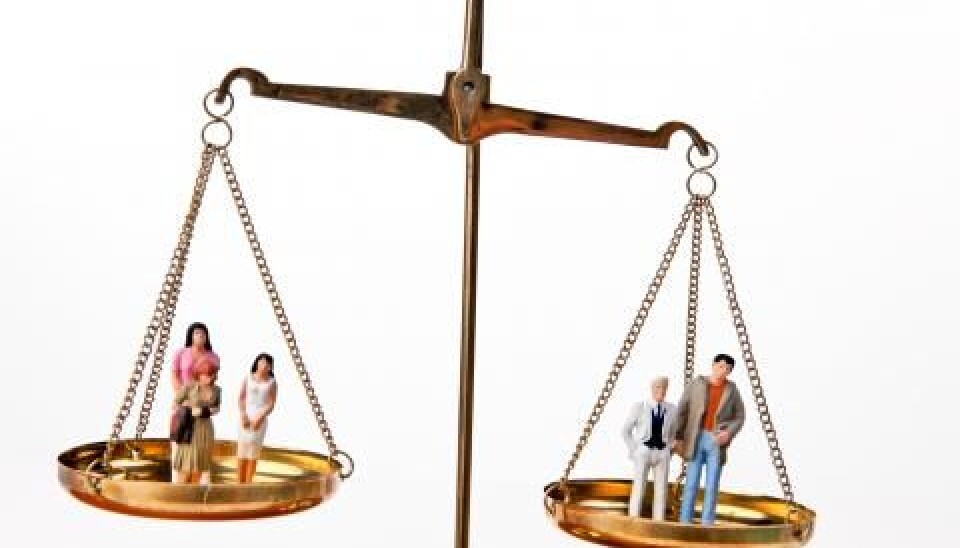This article was produced and financed by BI Norwegian Business School

Culture that promotes equal opportunities
Countries that plan to reduce uncertainty and risk are often also countries that achieve high rankings in practicing equal opportunities.
Denne artikkelen er over ti år gammel og kan inneholde utdatert informasjon.
The countries that have done most to promote equal opportunities also have access to far more talent than countries that have fallen behind with regard to equality.
Focus on equal opportunities re-enforces human capital, both in the business and the private sector.
“Human capital – people with education and skills –, are a critical factor in terms of competitiveness and the ability to address the organisation’s key tasks,” affirms Associate Professor Gillian Warner-Søderholm at BI Norwegian Business School.
Not all countries are the same
The degree of equality of the sexes varies across national boundaries. Understanding these differences is decisive for knowledge societies.

Together with Associate Professor Andy Bertsch at Minot State University, North Dakota, USA, Warner-Søderholm has carried out a large-scale study to uncover connections between a nation’s cultural values and the degree of equality of the sexes.
“We wanted to pinpoint the cultural values that promote or hinder equality,” Warner-Søderholm explains. Knowing this makes it possible to implement measures in the right areas.
Use of known indicators
The social scientists have taken data on cultural values from the study known as GLOBE, Global Organizational Behaviour Effectiveness, which covers 62 countries. The study is based on the responses of more than 17 000 employees in a selection of industries.
The Globe study has mapped the following cultural values: collectivism; assertiveness; performance orientation; person orientation; gender egalitarianism; power distance; future orientation; uncertainty avoidance and context.
Warner-Søderholm and Bertsch then compared prominent cultural values in different countries with gender equality measures instituted in the same countries. These measures were mapped by three internationally recognised equality rankings, namely the Gender Inequality Index (GII), the Women’s Economic Opportunity Index (WEO) and the Global Gender Gap Index (GGGI).
The study’s results were presented this summer at the annual conference of the ”Academy of International Business”, attended by no less than 1400 academics in Washington D.C.
As one of the three best contributions to the SSE/WAIB Award for increased gender awareness in international business research, the article was awarded a prize.
“This was a welcome surprise,” observes Warner-Søderholm.
A culture for planning
The study shows that countries that are preoccupied with avoiding uncertainty through good planning are also characterised by a lower degree of gender inequality.
“In the Scandinavian countries there is more focus on planning to reduce risk than, say, in the United States. These countries have also done more to promote equality as measured by international indicators,” emphasises Warner-Søderholm.
The countries that give priority to the avoidance of uncertainty do well in more areas than that of gender equality. The study also shows that this is a cultural value promoting economic opportunities for women.
Warner-Søderholm and Bertsch also found that most of the countries that are preoccupied with planning for the future (Future Orientation), are leaders with regard to re-enforcing equality of opportunities in practice.
The researchers have also found that nations where equality of the sexes is considered important (the cultural value identified as Gender Egalitarianism) do well in the index measuring women’s economic opportunities.
The Scandinavian countries are world leaders in terms of gender equality, concludes Warner-Søderholm, who was born in Great Britain, but now lives in Norway.

































